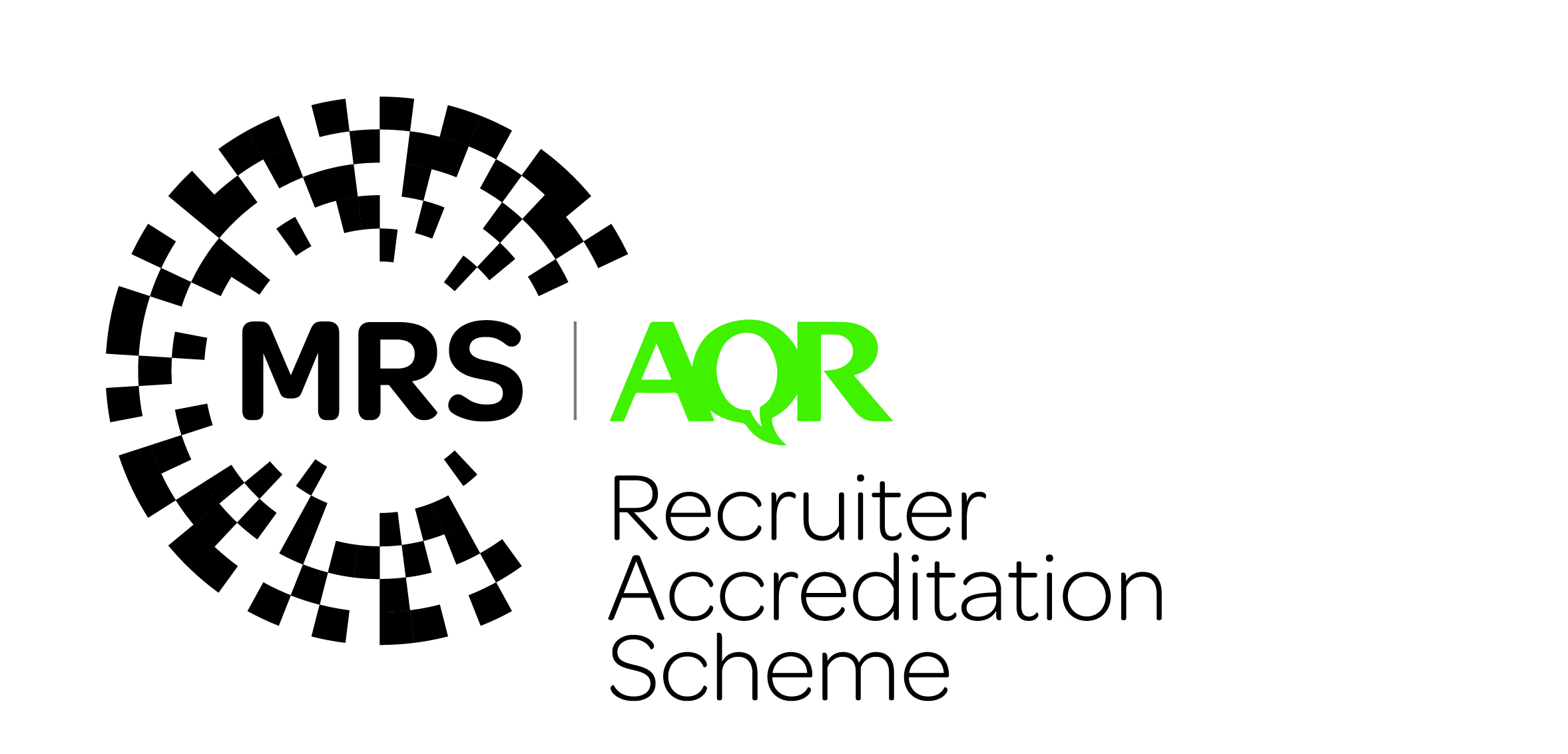All MRS websites use cookies to help us improve our services. Any data collected is anonymised. If you continue using this site without accepting cookies you may experience some performance issues. Read about our cookies here.
You are currently not logged in. Any progress made will be lost.
Physical Disabilities
Physical disabilities and/or mental health conditions refer to physical disabilities and/or mental health conditions, illnesses or impairments. These include permanent health conditions and temporary conditions which may occur from time-to-time.
The legal definition of disability, as defined by the Equality Act 2010, is if an individual has a physical or mental impairment that has a ‘substantial’ and ‘long-term’ negative effect on an individual’s ability to do normal daily activities.
- ‘Substantial’ is more than minor or trivial, e.g., it takes much longer than it usually would to complete a daily task like getting dressed.
- ‘Long-term’ means 12 months or more, e.g., a breathing condition that develops as a result of a lung infection.
There are special rules about recurring or fluctuating conditions, e.g., arthritis.
A progressive condition is one that gets worse over time. People with progressive conditions can be classed as disabled. Individuals automatically meet the disability definition under the Equality Act 2010 from the day they are diagnosed with HIV infection, cancer or multiple sclerosis.
There are some conditions which are not covered by the Equality Act definition of disability such as addiction to non-prescribed drugs or alcohol.
The term ‘disability’ is not always favoured by participants as it can be seen as less inclusive for those with milder long-term health conditions and illnesses. For example, research for the UK Census 2021 found that the term ‘disability’ was considered to be more linked to physical than mental health conditions. However, disabilities are a term that is widely understood. Furthermore, it is important to distinguish between physical and mental health conditions to ensure that all conditions are being included.
The term “disabled" is generally preferred rather than ‘people with disabilities’. The Social Model of Disability states that we should say “disabled people” to highlight that people are “disabled by barriers in society, not by their impairment or difference.”
Mental health conditions refer to an individual’s condition regarding their psychological and emotionally well-being. It is about how individuals think, feel and behave. Mental health conditions range from severe mental illness to general psychological or emotional challenges that affect moods, thinking and behaviour. Examples including depression, anxiety, bipolar disorder and developmental conditions such as autism or ADHD.
Neurodiversity or ND refers to the way that individuals experience the world and people around them and covers a range of variations in the human brain and cognition for instance in ways of learning, sociability, attention, mood and other behavioural traits. Neurodiversity is not necessarily considered a disability although some of the neurodiversity conditions can be defined as disabilities.


